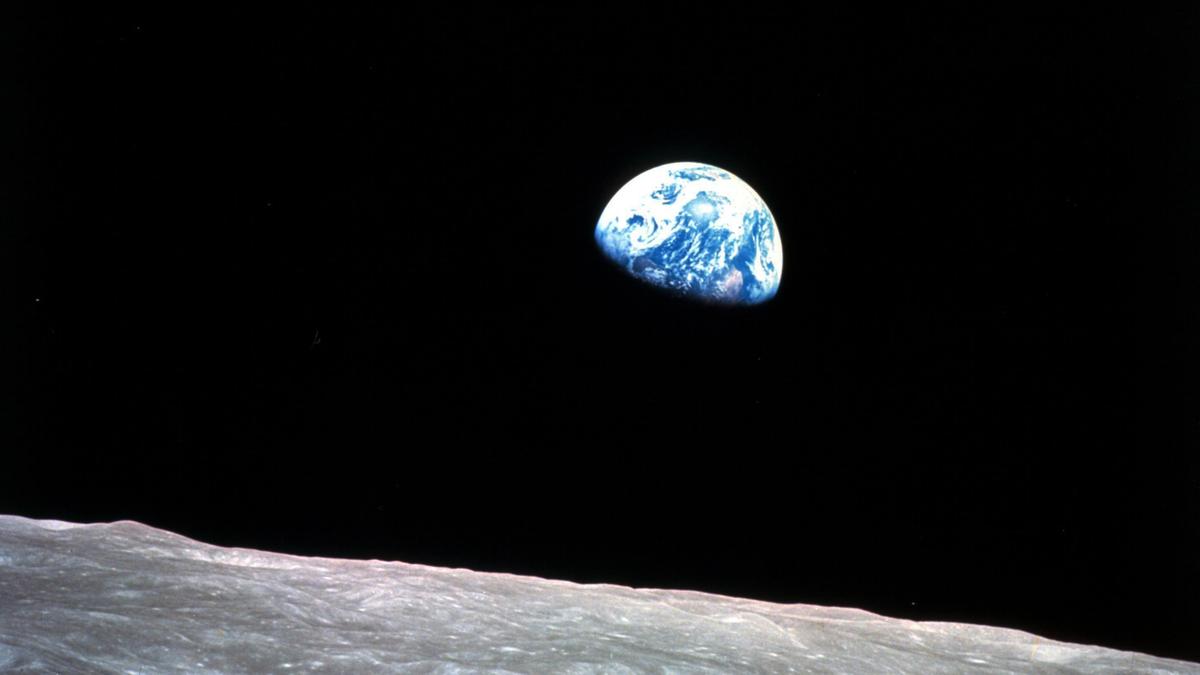
The Science Quiz | A brief history of the earth
The Hindu
The Science Quiz | A brief history of the earth
Questions:
1. In the earth’s first geologic aeon, the moon was created, in the process also laying the groundwork for an atmosphere rich in hydrogen, water vapour, and carbon dioxide. This period is named for a famous Greek god. Name it.
2. Some 720-630 million years ago, the Cryogenian period immediately followed another billion-year-long period called the ______ _______. The latter was called so because the earth’s crust was quite stable in this time, evolution proceeded at a slow pace, and the climate didn’t change considerably. Fill in the blanks.
3. The shortest period of the Palaeozoic era was called the Silurian. It began right after the first of the earth’s five ____ __________ events, during which the diversity of marine genera plummeted drastically worldwide. Fill in the blanks.
4. In Ancient Greek, the name of this geologic epoch means “new dawn”. It was given this name because life-forms that persist on the earth today began evolving at the start of this epoch. Name this epoch.
5. In 2018, the International Commission on Stratigraphy confirmed the name of our current geologic era. It comes from the name of a state in India, which is home to one of the country’s longest caves and where scientists found stalagmites that recorded evidence of the geological transition leading to the present one. Name the state.
Visual:





















 Run 3 Space | Play Space Running Game
Run 3 Space | Play Space Running Game Traffic Jam 3D | Online Racing Game
Traffic Jam 3D | Online Racing Game Duck Hunt | Play Old Classic Game
Duck Hunt | Play Old Classic Game











